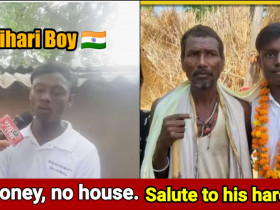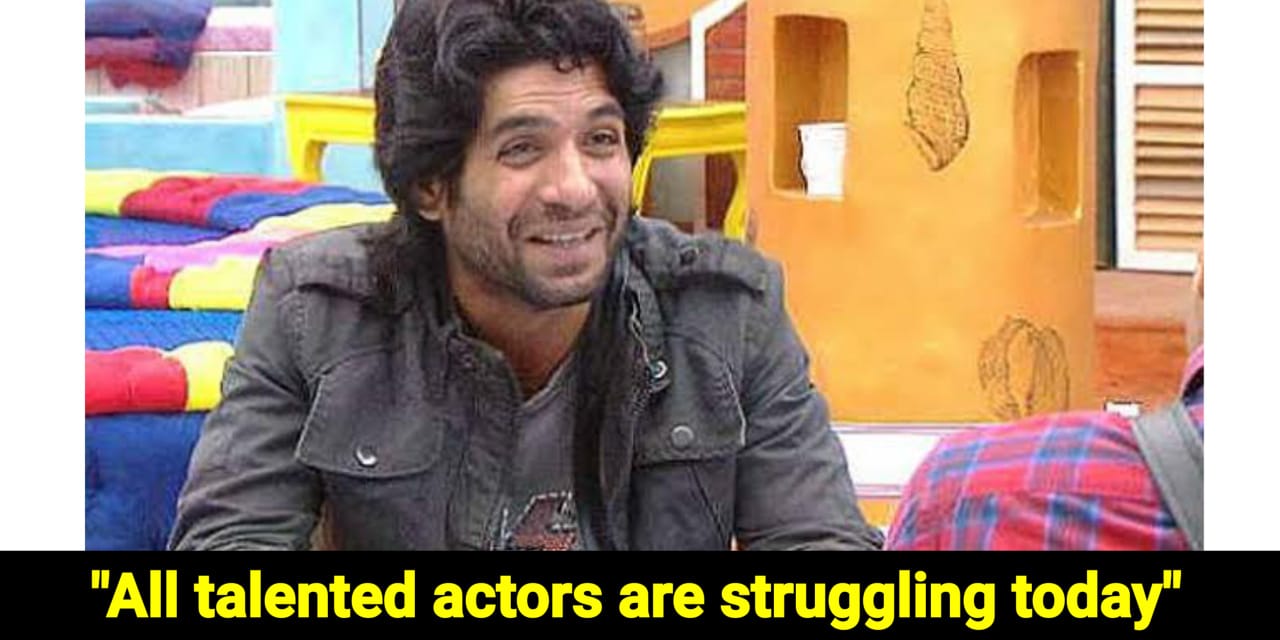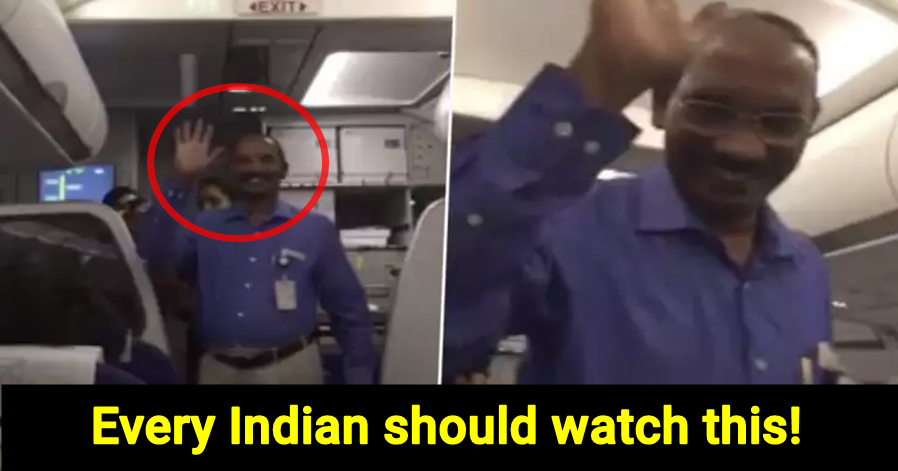No products in the cart.
These female athletes never gave up and did their nation proud, let’s praise them
She had 2 major accidents and underwent surgery for months, now she became the first Indian to win a World Title in Motorsports
Ever since the inception of Motorsports, it was best suited only for men however Bengaluru-based woman biker Aishwarya Pissay broke gender stereotypes as she became the first Indian in the history of motorsports to win a world title.
Yes, you read it right! Woman biker just bossed the competition and drifted her way to win the title that she really deserved. She won the FIM World Cup in women’s category after the final round of the championship in Varpalota, Hungary.
The event was organised by the International Motorcycling Federation, which is the governing body for motorcycle racing in the world.
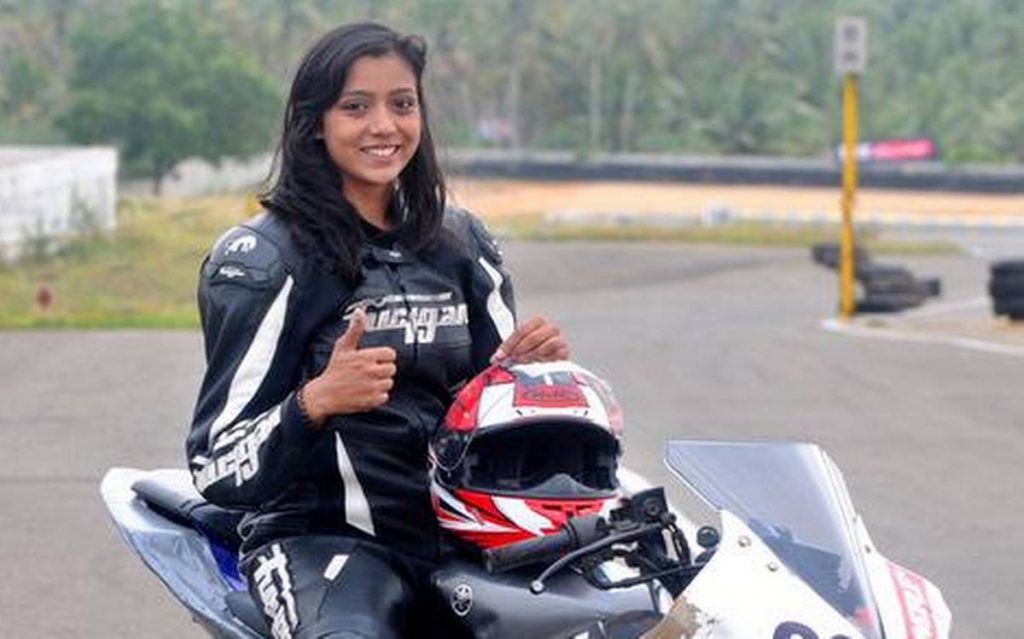
Aishwarya, who won the opening round in Dubai, finished third in Portugal, fifth in Spain and fourth in Hungary in subsequent outings, had finished with an overall tally of 65 points and is four points ahead of Portugal’s Rita Vieira in the final total standings for women.
As far as the Hungarian leg is concerned, Aishwarya finished with 52 points and Vieira with 45 points. They were the top contenders for the title. The fourth-place finish in Hungary earned the Indian woman biker 13 points, while Vieira, who was placed third earned 16.
“Honour to put India on a global motorsports map. When I suffered career-threatening injuries, it was a tough phase of my life. But I believed in myself and was determined to get back on the bike, which I did in nearly six months.
So, winning the World Cup is huge for me. It’s an absolute honour to be the first athlete to bring home a world championship title and put India on the map of international motorsports,” she said in a statement.
She then finished second in the junior category in which both men and women fought against each other and Aishwarya finished with 46 points behind championship winner Tomas de Gavardo (60 points) of Chile.
The ambitious 23-year-old’s ambition is quite clear now as she wants to make India proud at the Dakar Rally.
“I hope I will be able to get more sponsors on board and eventually realise my dream of participating and finishing the Dakar Rally, which is considered the world’s most difficult cross-country race. In any case, I will pursue that dream no matter what,” she said.
FMSCI (Federation of Motor Sports Clubs of India), congratulated Aishwarya for creating history in motorsports. “Aishwarya Pissay of TVS clinches the FIM Baja World Cup 2019 in women’s category. FMSCI congratulates India’s first-ever FIM World Cup champion,” FMSCI tweeted.
It was only last year that Aishwarya had become the first Indian female rider to compete in the gruelling Baja Aragon Rally. That rally concluded prematurely for the Indian as she crashed and suffered from the ruptured pancreas in the process.
“I have had two major accidents. One in which I hurt my collar bone in 2017, then I had a bad fall and ruptured my pancreas in 2018. I underwent surgery and was in hospital for two months. There was not a single day in the hospital that I thought I would not be able to race again. That incident taught me the importance of never giving up,” she recalled.
It was in 2017, the doctors inserted a steel plate and seven screws to fix Aishwarya’s collarbone. She was also asked not to race another three-four weeks. “I had a race in just five days. Nothing was going to stop me. I got up and raced and won the championship,” she said.
Aishwarya, who started biking just five years ago, is also the first Indian woman to have clinched 5 national road racing and rally championship titles. “I started going on weekend rides with my friends and that is where my love for biking began.
Then in 2015, I began training at the Apex Racing Academy in Coimbatore and realised I had the skill set to get into professional racing and biking.”
“I met some women during my initial training days who were ready to take racing as a hobby, but not as a profession. I am glad I didn’t go their way.”
(Originally Published In The Times Of India)
Rani fought through worst injury and wins Gold for India in Boxing C’Ship!
Behind every successful Indian athlete’s success, there is a painful story. However, there is no question of giving up for the ones who want to make their country proud. The story of Pooja Rani’s is certain to inspire others.
She burnt her hand while lighting crackers on Diwali three years ago. She screamed in pain as she was badly hurt. Defying all odds, she hit the training session more than a year later.
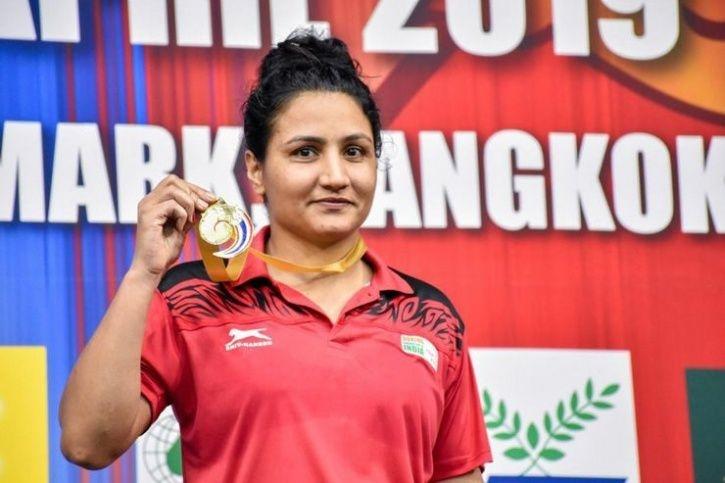
But a tragedy struck the 28-year-old Pooja once again as she picked up a shoulder injury and it seemed that her boxing career was over. But she didn’t give up! She always had the urge to win something big in life and showed the world that her career was far from over.
Hailing from Nimriwali village in Haryana’s Bhiwani district, Pooja scripted iconic comeback by becoming the national champion in the 81kg category in 2018.
A couple of days ago, Pooja relished a taste of success when she stunned the world champion Wang Lina in the final of the Asian championship in Bangkok on Friday to achieve the gold medal.
“In 2016, I burnt my hand while bursting Diwali crackers. The right hand was massively affected. I underwent a surgery and it took me nearly seven to eight months to heal. The entire recovery process lasted nearly a year,” Pooja told TOI.
“After my shoulder injury, many people thought my career was finished. But then I made a comeback at the 2018 Nationals and became the national champion and now I am also the Asian champion,” she said.
When her hand recovered, Pooja started to practice again before she suffered another drawback. “Then at the end of 2017, such was my luck that I met with a disastrous shoulder injury. The doctors found there was a labrum tear and told me that I will be out of the sport for a considerable length of time.
“But I didn’t go for surgery because that would have meant a lengthy lay-off. I decided on physiotherapy and thankfully it worked for me. During those days, I was all alone with no backing,” the boxer said.
Recalling how it all started for her, Pooja said, “I started boxing in 2009 when I had joined college after completing my 10+2. I joined the Hawa Singh Boxing Academy in Bhiwani where my coach was Sanjay Sheoran. My coach’s wife was a lecturer in my college. She told me that I should start boxing because I was blessed with a good height (5 feet 8 inches),” she said.
“Initially, my father, who is employed with the Haryana Police, had flatly refused and told me not to get into boxing. He didn’t like boxing since he believed it was a maar-dhaar sport not suitable for girls.
He thought my face will get disfigured. But my coach wanted that I should box; so he met my father and somehow made him understand that my face won’t be affected. My father relented after six months of continuous persuasion.
“Even after that when I used to go back home after practice, my father used to check if I suffered any bruises or not. If my face got bruised in a bout I used to stay back at my coach’s place so that my father wouldn’t know. I feared that he would not let me box any more if he came to know,” the six-time national champion said.
A medal at the Youth Nationals in the year 2009 changed the entire complexion at home.
“When I got a silver medal at the Youth Nationals, my father started supporting me and has believed in me since then. Our relatives used to tell my parents ‘why are you sending your daughter out of the house in the wee hours? Something bad might happen to her’, but my parents didn’t pay heed to their trash talk.
In my entire journey of becoming a boxer, my mother (Damyanti Devi) gave me unflinching support,” Pooja, who idolises two-time world and Olympic champion Claressa Shields of the US, said.
Ragnhild Myklebust fought Polio to win a record 27 Winter Paralympic medals
There are several success stories of athletes across the world. Every story is different from the other and for sure, athletes inspire us in many ways. This is why we love them, support them and admire them with full of zeal and zest.
The story of Ragnhild Myklebust is one that needs to be told. It is so inspiring. Ragnhild, who is a para-athlete is a popular figure in winter Paralympics. Yes, just like Paralympics in summer, there is winter version too.
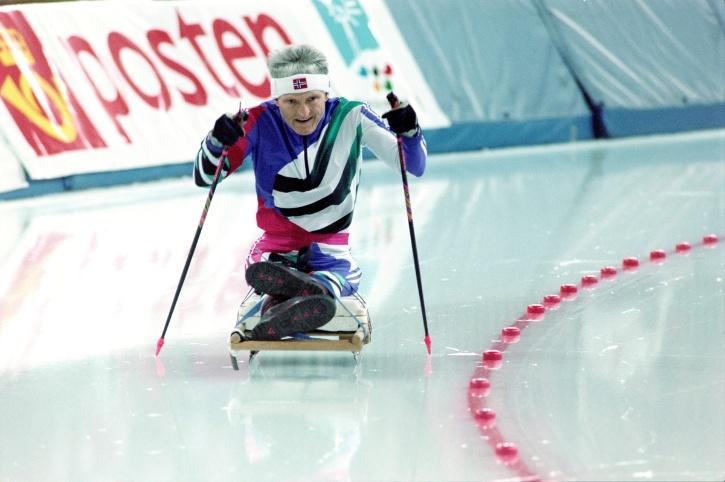
Case in point, Ragnhild Myklebust who is a professional skier by trait hails from Norway. She carved out a reputation for herself as one of the best athletes with ‘never give up attitude’.
Her journey was not that easy. She fought polio from a young age and yet went on to touch the pinnacle of success in the sport of skiing. Hailing from Norway, which makes Ragnhild’s magnificent achievements is the fact that she started competing in the Winter Paralympics only after entering the 40s, proving that age is just a number.
She has been statistically very good in numbers. The phenomenal athlete showed that she is well and truly consistent on the big stage.
Her story is amazing and inspiring and the fact that sue tackled polio to do what she achieved, just goes to show her grit, determination.
The highlight of her sports career is that she won a staggering 27 medals at the Winter Paralympics between 1988 and 2002. It is worth mentioning here that 22 of them were gold medals, 3 silver and 2 bronze, which is the most number of medals any para-athlete has bagged in the history of the Winter Paralympics. What an amazing achievement! Let’s give her a big round of applause.
She left an indelible mark in sports career and also set a classic example for other para-athletes to follow suit. She brought all laurels and glory to Norway on the international stage.
Swapna Barman wins first Asiad women’s heptathlon gold medal despite jaw injury
Our Indian woman athlete Swapna Barman scripts history as she won India’s first-ever Asiad women’s heptathlon gold medal at the Asian Games held at Jakarta, Indonesia. It is indeed a fantastic day to remember, relish and rejoice the achievement for Swapna who clinched the gold despite suffering a severe jaw injury.
Her gold medal equalled India’s gold medal count in the 2014 edition. Swapna translated her positivity into a fruitful result as she threw her personal best in the javelin at the seven-event competition.
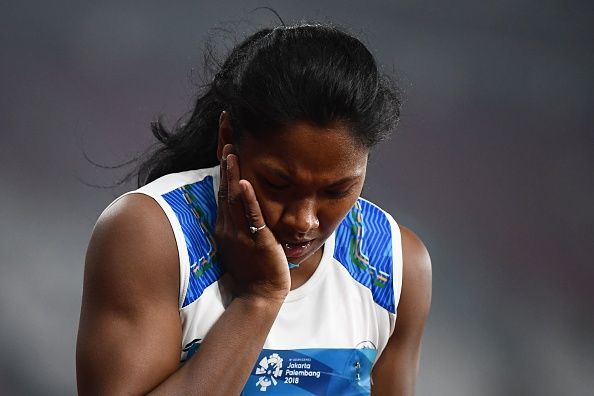
Despite the injury, Swapna Barman didn’t give up. She continued to compete in the heptathlon event with a massive toothache. During one of the events, unfortunately, she landed chin on her knee causing too much discomfort.
Coming into the last of the seven-event that happens over two days, Swapna Barman was determined to show what she is capable of doing. Much to her determination, she topped the standings in the 800m run.
In her final event, the 21-year-old planned and executed her run to perfection as she bagged a personal best record with a staggering 6026 points. Eventually, she became the first Indian woman to win an Asian Games heptathlon gold medal.
With extreme pain on Tuesday, she was seen competing in the shot put. After that, she took her energy and determination to another level in intensity by competing even the following day, topping the javelin event too on Wednesday morning, securing a personal best of 50.63m.
The heptathlon comprises of seven events including 100m race, high jump, shot put, 200m race, long jump, javelin throw and 800m race.





